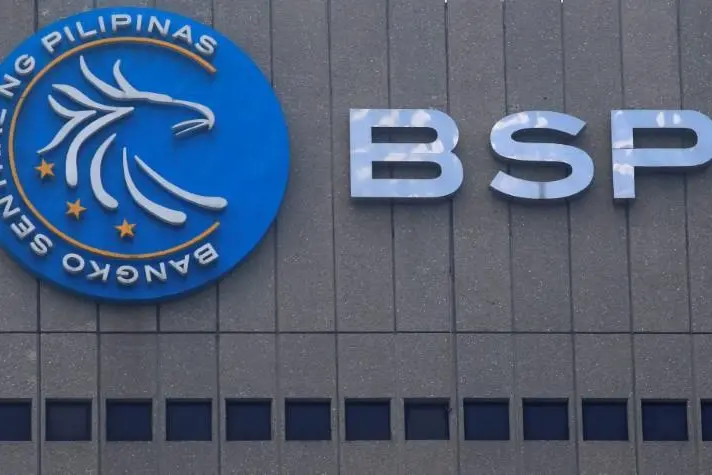PHOTO
The Bangko Sentral ng Pilipinas unleashed a big rate hike on Thursday, stepping up its attack on inflation that unexpectedly got hotter last month.
At its first rate-setting meeting in 2023, the Monetary Board hiked its key rate by 50 basis points to 6%. Banks and financial institutions use this benchmark rate for setting interest rates on loans.
Thursday's announcement came as no surprise, after inflation accelerated 8.7% year-on-year in January, which bucked expectations of a December peak.
Central banks, like the BSP, use rate hikes to rein in demand pressures that are stoking price growth. The higher interest rates work by prompting consumers and businesses to think twice about borrowing money. This, in turn, lessens the money that's circulating in the economy and chasing a limited supply of consumer items.
Domini Velasquez, chief economist at China Banking Corp., expected the BSP to pause its rate hikes next month.
'Our base case scenario is a pause after March. Inflation is already on a downward trend and frontloaded interest rate hikes may be sufficient to anchor inflation. Too much tightening might hurt the economy especially since we expect pent-up demand to fade in 2023,' she said in a Viber message.
The BSP likewise said in the briefing that inflation is expected to breach their 2-4% target in 2023, now projected to average 6.1%.
"Given these considerations, the Monetary Board deems a strong follow-through monetary policy response as necessary to reduce the risk of a breach in the inflation target in 2024," the BSP said.
More hikes to come
The BSP, now considered one of the most hawkish central banks within Asia, has joined other central banks in keeping pace with the US Federal Reserve's actions. But notably, the BSP's 50-bps hike on Thursday was bigger than the Fed's 25-bps increase earlier this month, as inflation stateside showed signs of easing,
BSP Governor Felipe Medalla indicated the central bank would likely keep raising interest rates in the next meetings. He stressed the need for aggressive action as consumer prices, such as rental rates and restaurant prices, have shown significant gains in past months.
The BSP chief indicated there could be more increases in rates by either 25 or 50 basis points, adding that there's no reason for a super-sized 75-bp hike for now. The next Monetary Board meeting is in March.
Miguel Chanco, chief Emerging Asia economist for UK-based Pantheon Macroeconomics, said the BSP is now turning to the Marcos Jr. administration to address supply problems that exacerbated the country's cost-of-living crisis.
'Its statement asked for 'timely', 'whole of government', and 'aggressive' actions to that effect. Ultimately, this is as plain an admission as possible that rate hikes are futile in dealing directly with the nature of the Philippines' still-acute price pressures,' he said in an emailed commentary.
Chanco expects the BSP to hike rates further by 25 bps next month, with expectations that the central bank would cut interest rates by 50 bps in the fourth quarter.
The BSP forecast inflation would return in the range of the 2-4% target by 2024.
Gareth Leather, senior Asia economist for Capital Economics, was optimistic about the country's inflation problems.
'We think inflation should peak this month and then drop back steadily over the remainder of the year as energy price inflation eases, food prices drop back and growth slows. But inflation is unlikely to return to target before the end of the year, much later than in other parts of the region,' he said in an emailed commentary.
Copyright © 2022 PhilSTAR Daily, Inc Provided by SyndiGate Media Inc. (Syndigate.info).





















